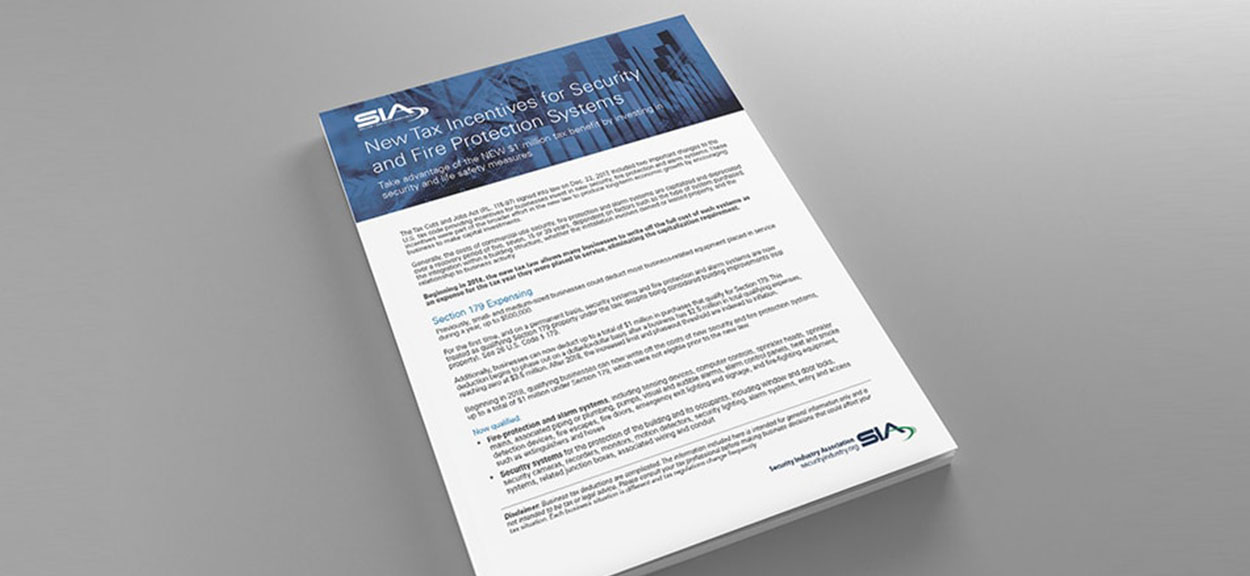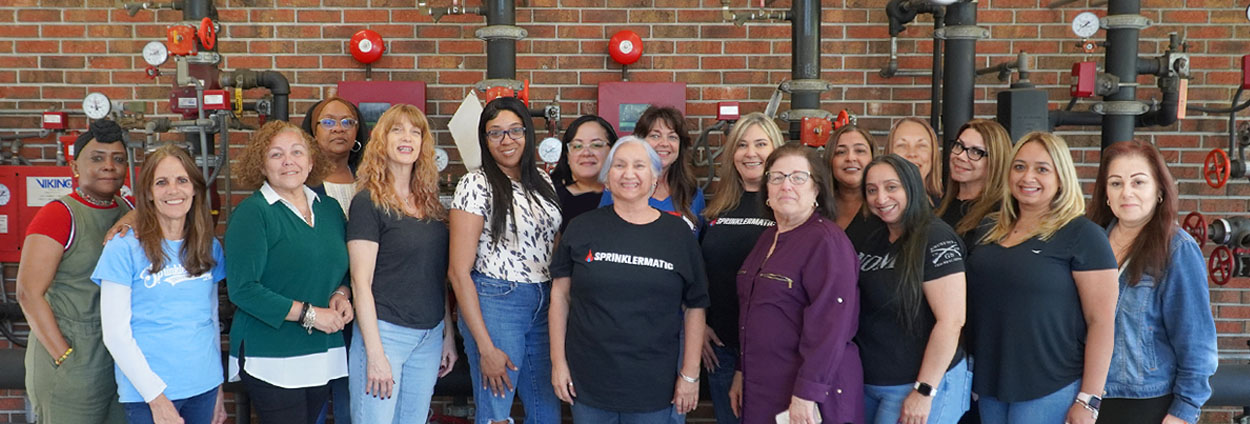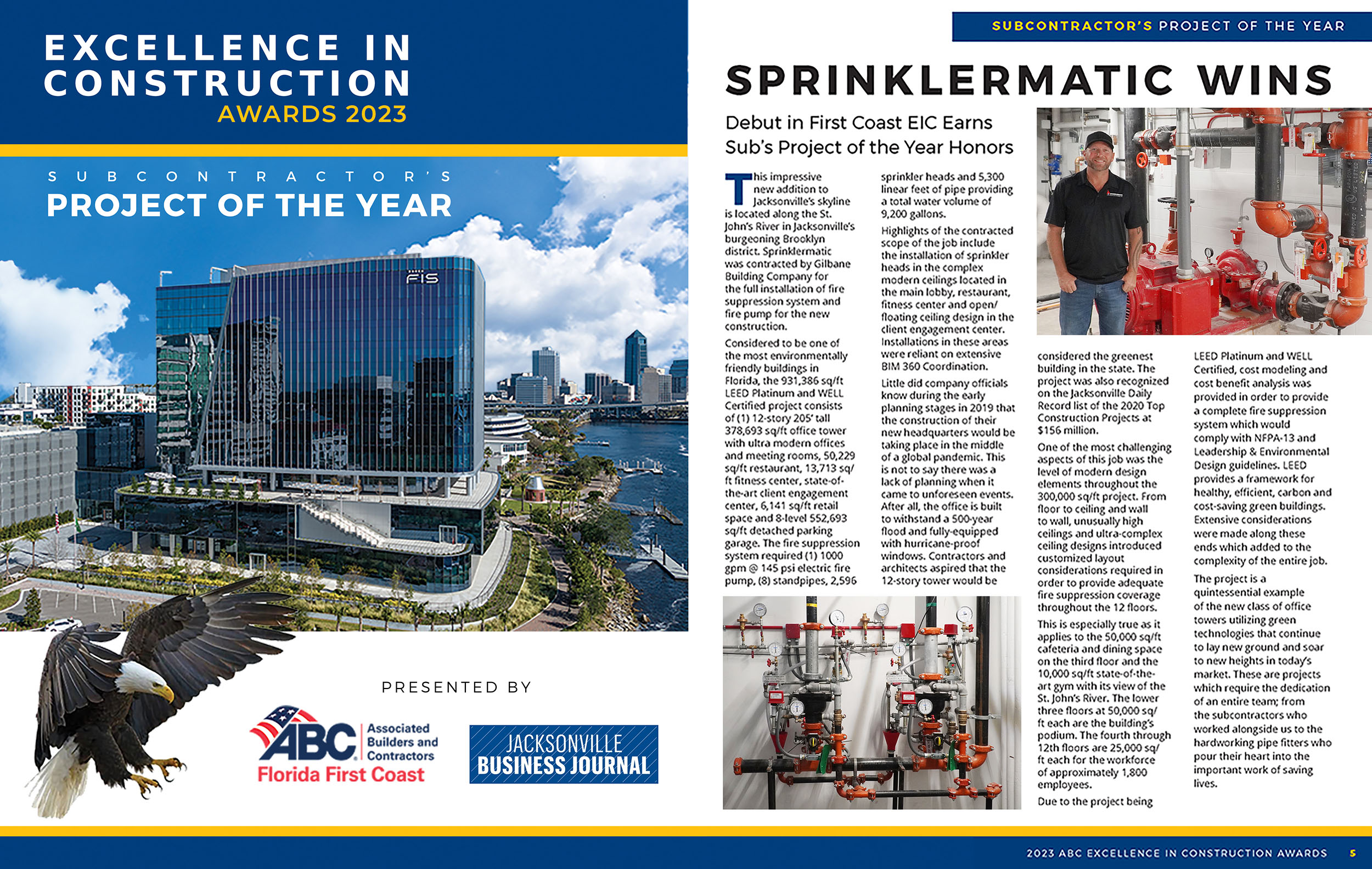Incentives in Tax Reform
In 2015, fire claimed the lives of 3,280 civilians and led to 15,700 civilian injuries. The direct property damage caused by fire was an estimated $14.3 billion. One of the most effective ways to minimize the loss of life and property to fire is with automatic sprinklers. Current building codes require sprinklers in many of the most vulnerable occupancies, such as commercial and residential high-rise.
Unfortunately, there are still thousands of structures that were built and put in service before sprinklers were required. Providing an economic incentive to property owners to do the right thing and retrofit properties with automatic fire sprinklers have the potential to have a significant impact on addressing the nation’s fire problem.
Prior to Christmas 2018, a comprehensive reform of the U.S. tax code has been passed by the United States Congress and signed by President Donald Trump. The Tax reform and Jobs Act contained several important provisions which will provide significant incentives for property owners to install fire sprinklers.

The Tax Incentives Include:
- Small businesses will now be able to expense installation of fire sprinklers under section 179 of the tax code up to a cap of $1 million in each year of expense.
- Besides, small businesses that may need to borrow money to pay for the retrofit will be able to deduct the interest expense on the loan.
- Larger entities can fully expense capital expenses over the next five years. Starting in 2023, the amount that can be expensed will slowly taper down. This part means that fire chiefs and local policy officials can now ensure business owners have five years for full expensing.
For more information visit www.nfsa.org.
This Fire Sprinkler Incentives in Tax Reform will allow for the retrofit and upgrading of many occupancies such as High Rises, businesses, restaurants, bars, and other high-risk occupancy buildings; protecting their employees and customers.
SOURCE: National Fire Sprinkler Association: National Fire Sprinkler Association Applauds Policy Makers for Including Fire Sprinkler Incentives in Tax Reform





